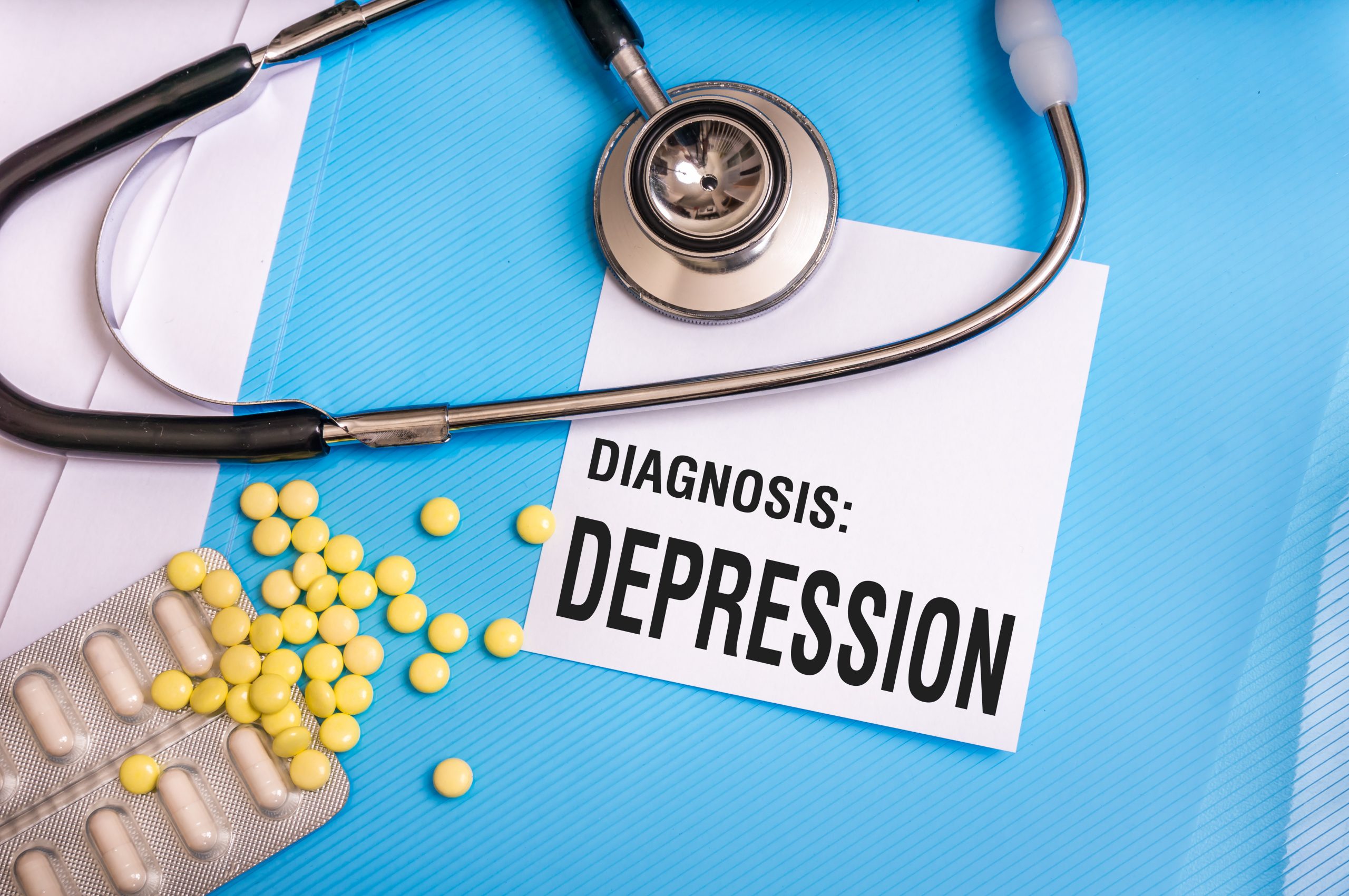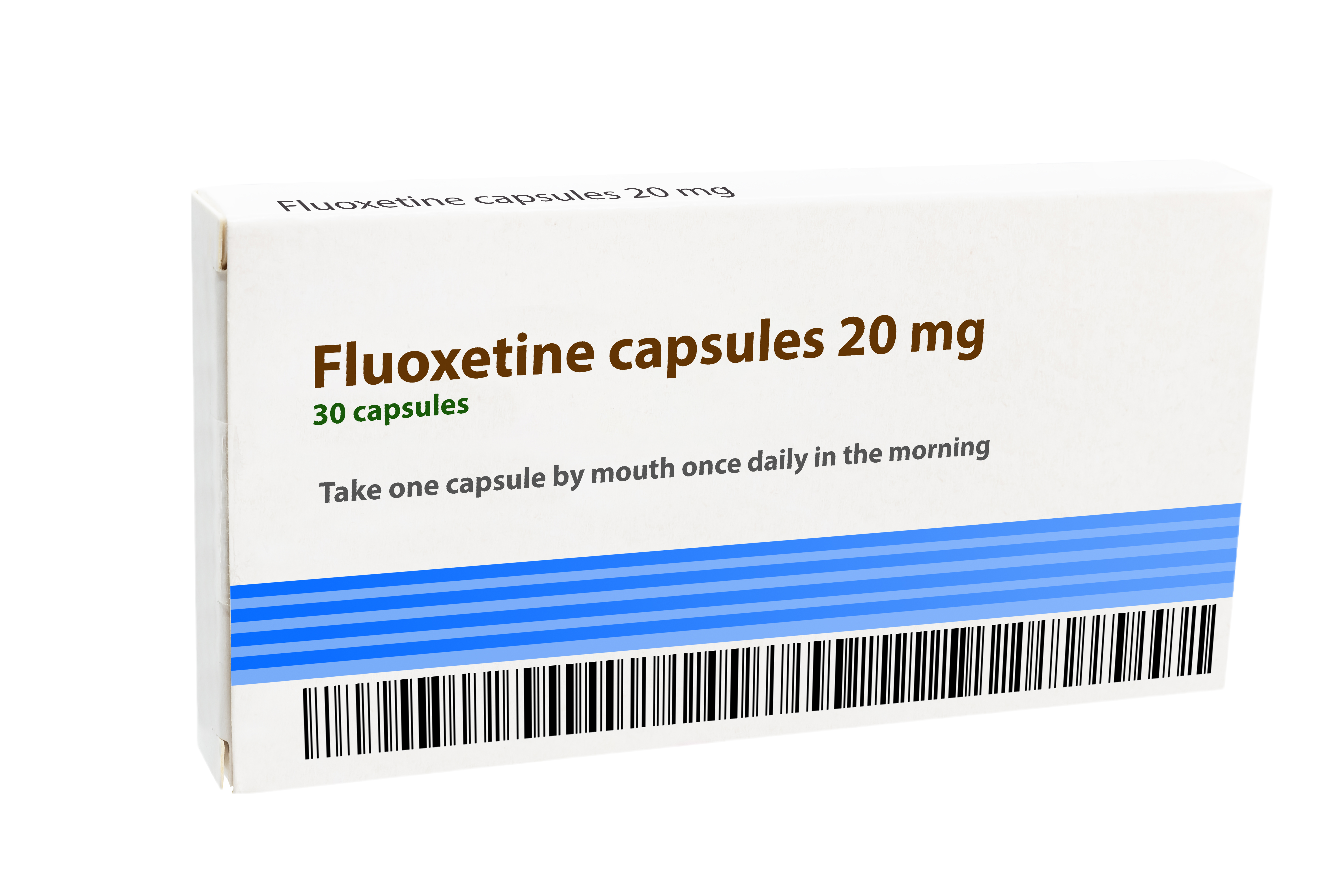
You may have heard or been told by your care provider to never stop taking your antidepressant medication abruptly and wondered why. The side effects of suddenly stopping your antidepressant can be severe and last for months or even years.

What are antidepressants?
Antidepressants are prescription drugs used to treat clinical depression. They are one of the most commonly used medications on the market. 11% of Americans over the age of 12 take antidepressant medication.
They also are used to treat:
- Anxiety disorders
- Obsessive compulsive disorder (OCD)
- Panic disorders
- Serious phobias, such as agoraphobia and social anxiety (social phobia)
- Bulimia
- Post-traumatic stress disorder (PTSD)
- Help ease symptoms associated with nicotine or methamphetamine withdrawal
How antidepressants work
It’s thought that antidepressants work by increasing neurotransmitters. These are chemicals in the brain like serotonin and noradrenaline. They can improve mood and emotion, although this process isn’t fully understood.
Types of antidepressants

Selective serotonin reuptake inhibitors (SSRI)
SSRIs are the most widely prescribed antidepressant. SSRIs work by increasing serotonin levels in the brain. Serotonin is a neurotransmitter (a messenger chemical that carries signals between nerve cells in the brain). It’s thought to have a good influence on mood, emotion and sleep.
After carrying a message, serotonin is usually reabsorbed by the nerve cells (known as “reuptake”). SSRIs work by blocking (“inhibiting”) reuptake, meaning more serotonin is available to pass further messages between nearby nerve cells.
A few examples are:
- citalopram (Celexa)
- paroxetine (Paxil)
- sertraline (Zoloft)
- fluoxetine (Prozac)
Serotonin and norepinephrine reuptake inhibitors (SNRI)
SNRIs are similar to SSRIs. Evidence suggests that some people respond better to SSRIs, while others respond better to SNRIs. They are sometimes used to treat anxiety disorders and long-term (chronic) pain, especially nerve pain.
Examples of SNRIs include:
- duloxetine (Cymbalta)
- venlafaxine (Effexor)
- desvenlafaxine (Pristiq)
Tricyclic antidepressant (TCA)
TCAs are an older type of antidepressant. They’re no longer usually recommended as a first-line treatment for depression. This is because they can be more dangerous if an overdose is taken. They also cause more unpleasant side effects than SSRIs and SNRIs.
People with severe depression who fail to respond to other treatments may be prescribed TCAs. TCAs may also be recommended for other mental health conditions, like OCD and bipolar disorder.
Examples of TCAs include:
- amitriptyline
- imipramine
- nortriptyline
- Some types of TCAs, like amitriptyline, can also be used to treat chronic nerve pain.
Atypical antidepressants
Atypical antidepressants work in a manner different than other antidepressants. They change the levels of one or more neurotransmitters, such as dopamine, serotonin or norepinephrine.
Examples of atypical antidepressants include:
- Bupropion (Wellbutrin SR, Wellbutrin XL, others)
- Mirtazapine (Remeron)
What is half life?
A half-life is the time it takes for a drug in your body to reduce by half. Half-life does not change depending on the dosage a person is taking or the amount of time they have been on medication. Half-life can vary from person to person according to their overall health and other factors.
Every drug has its own unique half-life. For instance,
SSRIs
Most SSRIs have a half life or a day or so, except Prozac
- Prozac (fluoxetine) has a longer half life than many other antidepressants. Depending on individual metabolism and health, it can take 1-4 days to reach half-life, and up to 30 days to be completely removed from the body.
- Sertraline(Zoloft)-22 to 36 hours
- Citalopram (Celexa)-36 hours
- Paroxetine (Paxil)-24 hours
SNRIs
- Duloxetine (Cymbalta)- 8 to 17 hours
- Venlafaxine (Effexor)-4 to 7 hours
- Desvenlafaxine (Pristiq)-about 11 hours
TCAs
- Amitriptyline- 9-25 hours
- Imipramine- 19 hours
- Nortriptyline-36 hours
Atypical antidepressants
- Bupropion (Wellbutrin SR, Wellbutrin XL, others)- 33-37 hours
- Mirtazapine (Remeron)- 20-40 hours
Never go off or change the dose of your antidepressant without the guidance of your care provider.
Discontinuation syndrome occurs when an antidepressant is stopped suddenly. Depending on the half life of the drug, the symptoms can be more severe and longer lasting. Withdrawal symptoms usually come on within a few days of stopping the medicine and can last from 1 week to several months or more. Some people have severe withdrawal symptoms that last for years.
Withdrawal symptoms
Neurotransmitters are not only active in the brain but the entire body. Abruptly stopping antidepressants causes changes to neurotransmitter levels that can be felt throughout the body.
There are many mental and physical symptoms when coming off /abruptly stopping antidepressants including:
- Mood swings, agitation, manic feelings, depression, irritability, confusion, paranoid, suicidal
- Irritable, anxious, confused
- Balance: dizziness, light-headedness, vertigo
- Unusual sensations: numbness, sound hypersensitivity, “brain-zap”, which is a feeling of an electric shock to the head
- Stomach cramps, loss of appetite, nausea, vomiting
- Insomnia, vivid dreams or nightmares
- Restless legs, uneven gait
- Slurred speech
- Heat sensitivity, sweating
Given the severity of symptoms from abruptly stopping antidepressants, be sure you have enough in case of supply chain disruption. Review your medications with your care provider and have a plan in place for enough medication in the event your medication is in short supply.
- Brooke Lounsbury, RN
Medical Content Writer
Lifesaving Medications
Recent Posts
Keeping you informed and safe.
FAQ: Our most commonly asked questions about Jase
If you’re considering Jase, chances are you’ve paused and thought, “This makes sense, but I still have a few questions.”You’re not alone. Here are the most common ones we hear, answered plainly. Is this really doctor-prescribed? Yes. Every Jase order is reviewed by a...
Medical Readiness: What Really Kills First
When Disaster Strikes, It’s Not Hunger or Thirst That Takes the First Lives In every disaster zone, from hurricanes in the Caribbean to war zones in Ukraine, the pattern is the same. People worry about food and water, but it’s infection that kills first. A small wound...
Exploring Dr. William Makis’ Hybrid Orthomolecular Cancer Protocol: Focus on Ivermectin and Mebendazole/Fenbendazole
Exploring Dr. William Makis’ Hybrid Orthomolecular Cancer Protocol: Focus on Ivermectin and Mebendazole/Fenbendazole *Disclaimer: This article is for educational purposes and does not constitute medical advice. Always seek professional guidance.* In the evolving...



